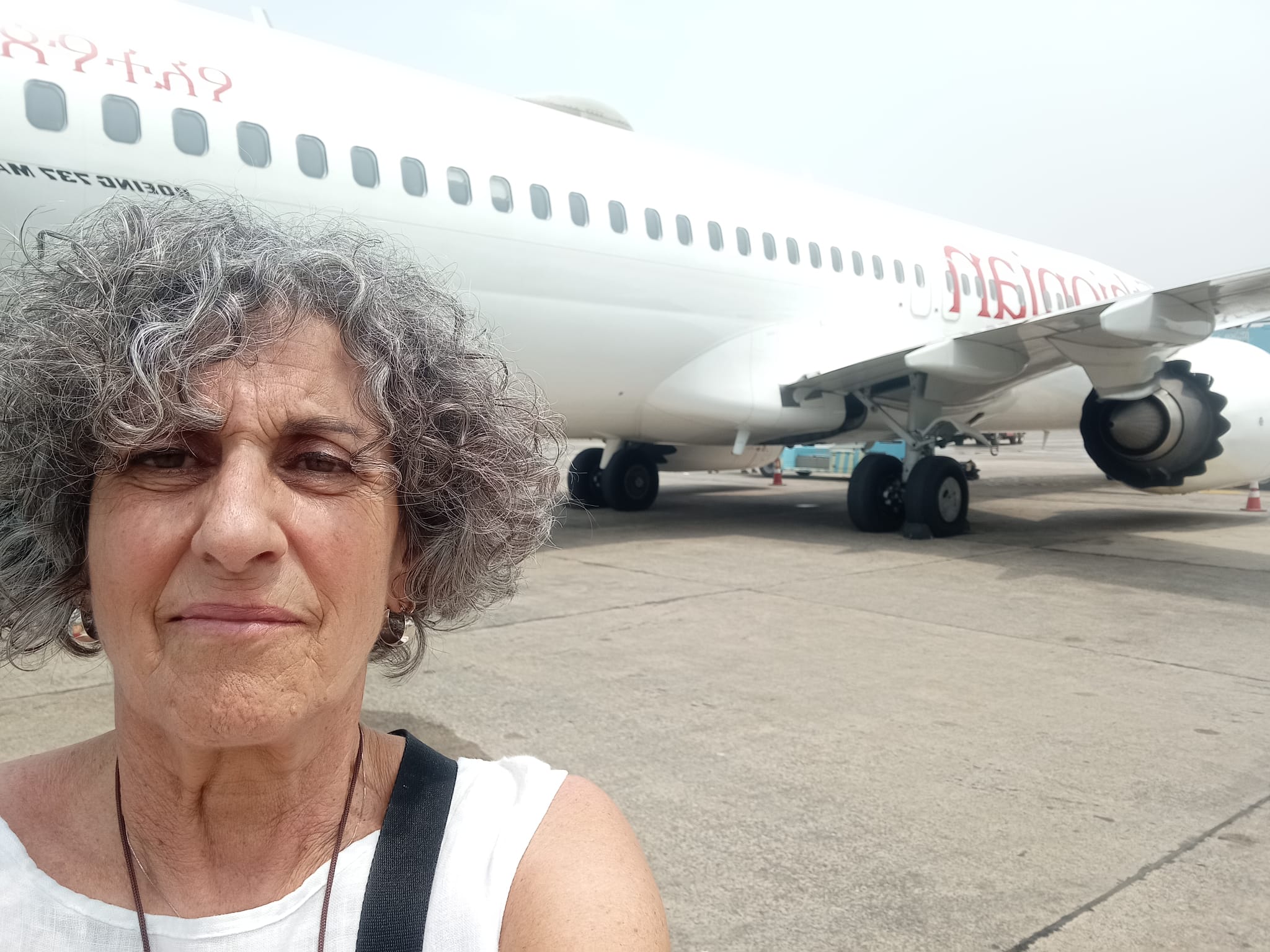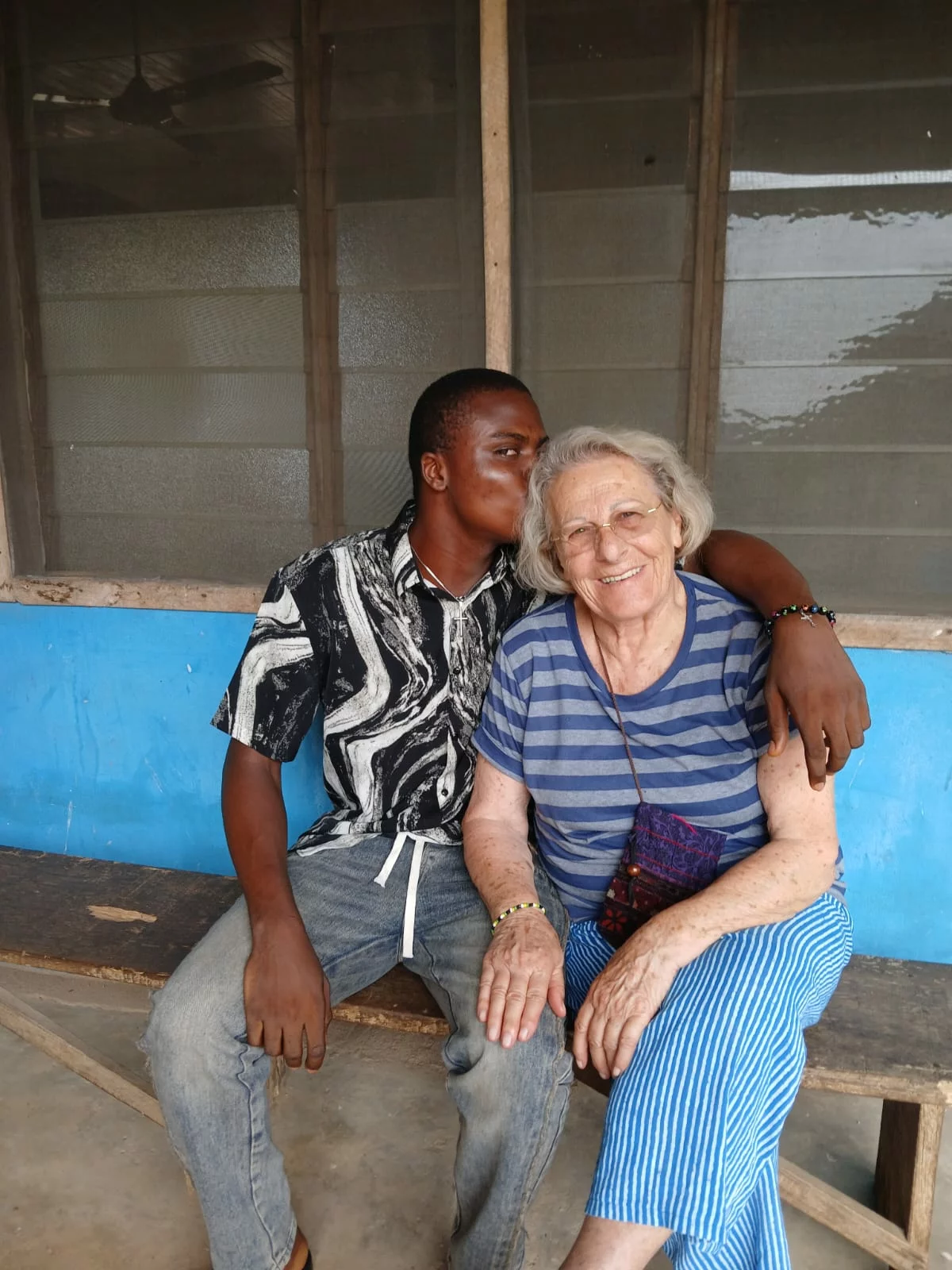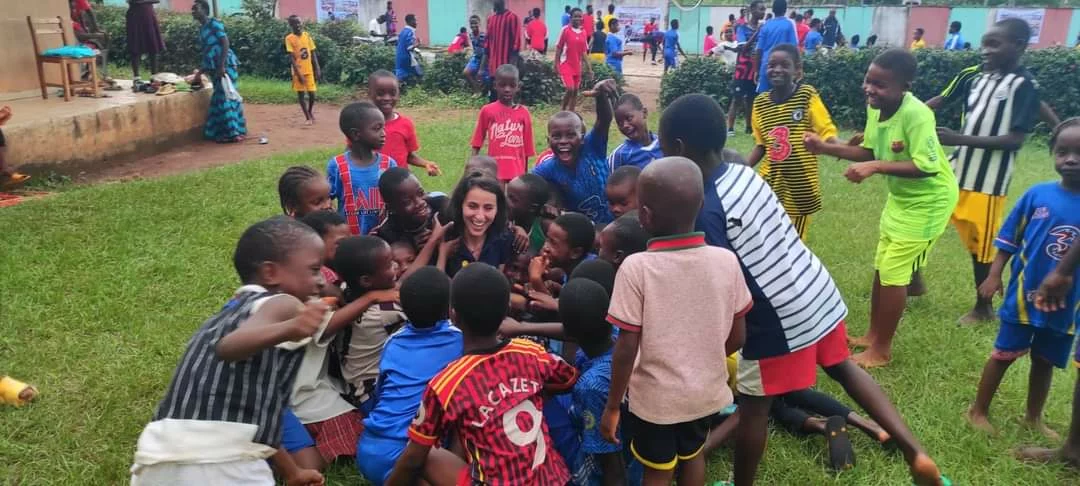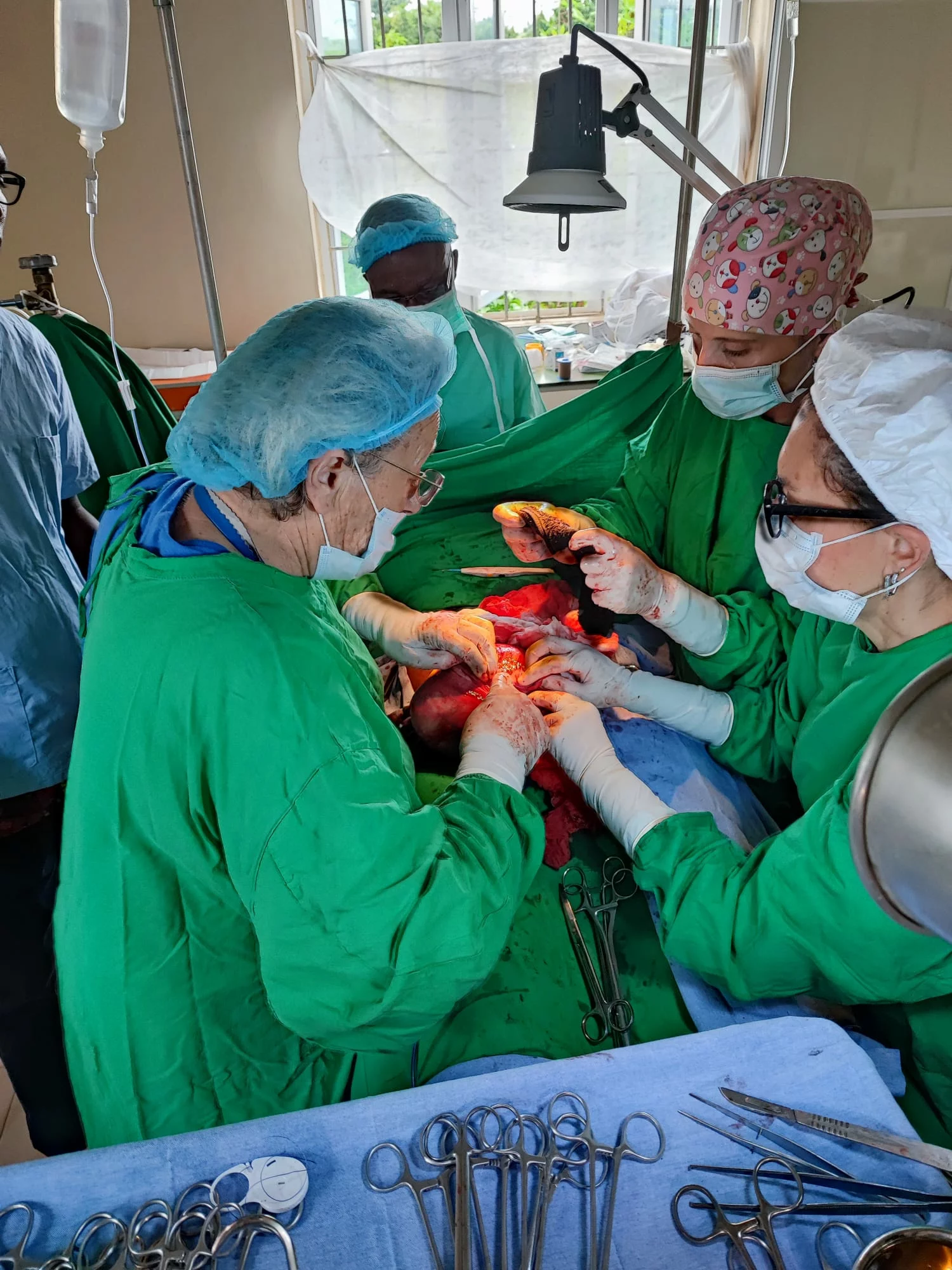
Humanitarian mission log: Lori Cohen
- Education/Training
The project aims to reduce the number of people falling ill with malaria and typhoid by means of knowledge and awareness right from primary school; of the two infectious diseases Regional and local cooperation is key to defeating malaria. The African continent accounts for more than 90% of global malaria cases and deaths.2 Countries alone, the Democratic Republic of Congo and Nigeria, account for more than 1/3 of this 90% and therefore 37% of the world's malaria cases. In 2018 and 2019, RBM and the African Union Commission promoted the "0 Malaria starts with me" campaign across the continent Nigeria. 97% of the Nigerian population of all ages and walks of life are susceptible to the disease. Approximately 50% of the Nigerian population is subject to at least one episode of malaria per year. (Alaba 2018) with about 300,000 cases of death from malaria compared to 215,000 cases of AIDS. (Nigeria malaria Fact sheet) The objectives of the first and sixth points of the Millennium Development Goals consisted in solving the problems of poverty and disease. However, despite numerous declarations and efforts, malaria still remains the greatest challenge to protecting health.
The numbers listed above have serious implications for economic growth and welfare policy given that disease causes an average annual reduction in economic growth of 1.3%. The main reason for this consideration is that malaria results in a massive loss of working time by virtue of its symptoms and numerous deaths. Great concern now arises from resistance to well known drugs and the need for new (however much more expensive) drugs that the population is unable to obtain because they live below the level of poverty. This has both a direct and indirect impact on all productive sectors and in a marked way on agriculture. Unfortunately Nigeria has the best combination for the survival of malaria such as falling rains, constant temperatures and a high degree of humidity. Malaria, as stated, affects the development of the country through various mechanisms:
General objective:
Specific aims:




